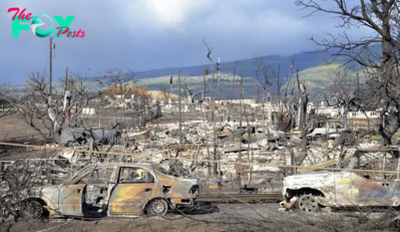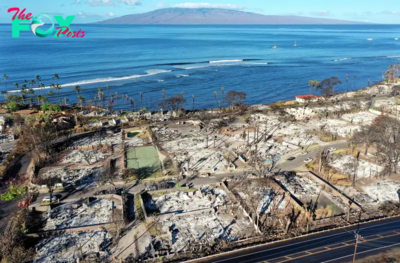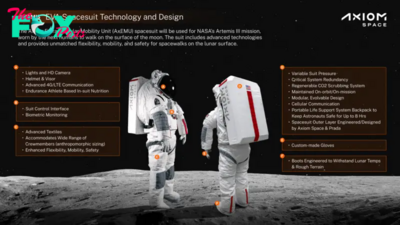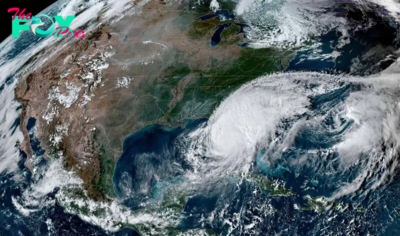Science
Earth may have had freshwater and continents just 200 million years after forming, ancient crystals reveal
Earth's first continents may have emerged from the planet's primordial oceans much earlier than we thought, just six hundred million years after the planet formed, new research suggests.
The researchers found that ancient zircon crystals from the Jack Hills in Western Australia contain evidence of fresh water, which indicates that patches of land must have been present as fresh water can only form if there's land for it to pool on following precipitation. The team described the zircons at a European GeoSciences Union conference in April 2024.
Related : Hidden chunk of Earth's crust that seeded birth of 'Scandinavia' discovered through ancient river crystals
The composition of early Earth has long puzzled scientists. When our planet first formed 4.6 billion years ago, it was a roiling sphere of magma. The eon after that, called the Hadean (4.6 billion to 4 billion years ago), is poorly understood. While we know that this magma eventually solidified and formed a crust, we do not know precisely what happened after that.
Some scientists have suggested that Earth may have been mostly covered by water as early as 4.4 billion years ago — aligning with the oldest zircons ever discovered. However, it is unclear how water arrived. It may have been part of the planet's original composition or may have been the result of bombardment by water-bearing asteroids soon after its formation.
Fresh water would only have been present if a hydrological cycle — evaporation and precipitation — had already begun by that point of Earth's life, and that water devoid of the minerals present in salt water could collect on emerged portions of continental crust according to the presentation abstract.
Rainwater contains lighter isotopes, or versions of oxygen, because the heavier isotopes are more resistant to evaporation. Salt water contains more heavy oxygen isotopes, which evaporate less readily.
-

 Science2d ago
Science2d agoInside Capitol Hill’s Latest UFO Hearings
-

 Science2d ago
Science2d agoYou Won’t Want to Miss the Leonid Meteor Shower. Here’s How and When You Can See It
-

 Science3d ago
Science3d agoHere’s What Trump’s Win Means for NASA
-

 Science6d ago
Science6d agoWhy Risky Wildfire Zones Have Been Increasing Around the World
-

 Science6d ago
Science6d agoIt’s Time to Redefine What a Megafire Is in the Climate Change Era
-

 Science1w ago
Science1w ago4 Astronauts Return to Earth After Being Delayed by Boeing’s Capsule Trouble and Hurricane Milton
-

 Science1w ago
Science1w agoThe Elegance and Awkwardness of NASA’s New Moon Suit, Designed by Axiom and Prada
-

 Science1w ago
Science1w agoSpaceX Launches Its Mega Starship Rocket. This Time, Mechanical Arms Catch It at Landing


























